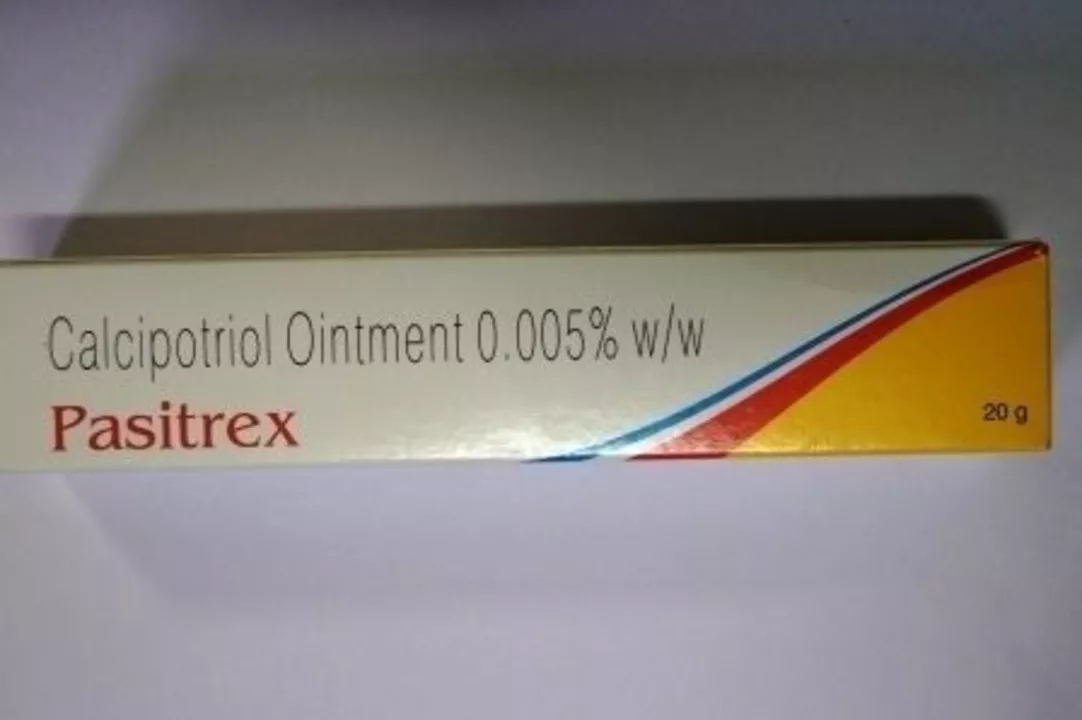Psoriasis treatment: clear options and real-world tips
Psoriasis can be stubborn, but you don’t have to guess what to try next. Treatments fall into clear groups: topicals for mild cases, light therapy, oral or injected medicines for moderate-to-severe disease, and lifestyle changes that actually help. Below are practical, no-nonsense points so you can have better conversations with your doctor or pharmacist.
Topical treatments and home care
For small patches, start with topical options. Corticosteroid creams reduce redness and itching fast—use the lowest effective strength and follow your provider’s timing. Vitamin D analogs (like calcipotriol) slow skin cell growth and are safe for long-term use. Tazarotene (a topical retinoid) helps thick scales but can irritate; try it on one area first.
Keep skin moisturized. Thick emollients reduce flaking and make medicated creams work better. Salicylic acid or urea can soften scales so treatments penetrate. Avoid harsh soaps and hot showers that dry skin out. If a treatment stings, stops working, or makes skin worse, stop and call your provider.
Phototherapy, oral meds and biologics
Phototherapy (narrowband UVB) is an effective middle-ground if topicals don’t cut it. It usually requires clinic visits a few times a week and must be done under supervision to limit long-term sun damage.
Systemic pills and injections treat the whole body. Common choices include methotrexate, cyclosporine, and acitretin. These need blood tests and monitoring because they can affect the liver, kidneys, or blood counts. Acitretin causes birth defects—avoid pregnancy during and after treatment per your doctor’s timeline.
Biologics target specific parts of the immune system and can be life-changing for many people. They work well for skin and joint symptoms but raise infection risk and often require screening for TB and hepatitis first. Newer oral drugs (like selective kinase inhibitors) are also available; each has a unique safety profile to discuss with your clinician.
Practical safety tips: tell your doctor about all medicines and supplements, get recommended blood tests, and update vaccines before some treatments. If you travel or have frequent infections, mention that—some drugs change how your immune system reacts.
Small daily changes add up. Losing excess weight, quitting smoking, limiting alcohol, and lowering stress often reduce flares. Use fragrance-free moisturizers and soft fabrics. Track triggers—food, weather, alcohol, or stress—and avoid clear offenders.
Want more details or drug-specific safety tips? Search our site or bring a list of medications to your pharmacist. If psoriasis limits daily life, causes severe pain, or affects your mood, see a dermatologist sooner rather than later. Getting the right treatment plan can make a big difference fast.

The Top 10 Benefits of Calcipotriol for Psoriasis Treatment
As someone who has been researching psoriasis treatments, I've discovered that calcipotriol is a game changer for many people. The top 10 benefits of this treatment include its ability to reduce inflammation, slow down skin cell growth, and decrease itching. It's a safe and effective option that can be used in combination with other treatments to achieve optimal results. Plus, it's available in various forms, making it easy to incorporate into your daily routine. Overall, calcipotriol has made a significant impact on improving the quality of life for those living with psoriasis.
Read More
